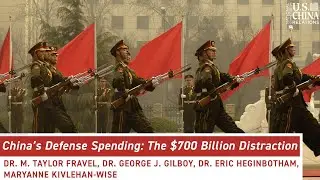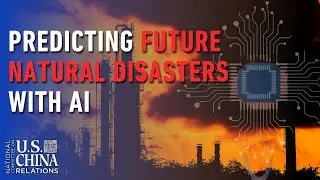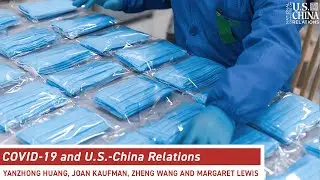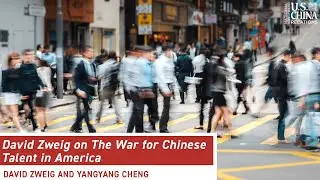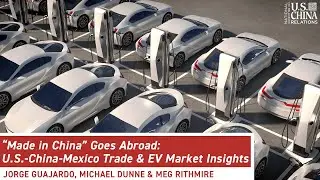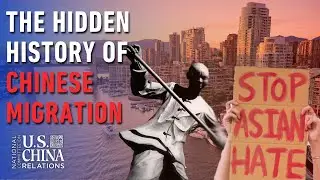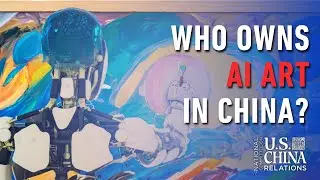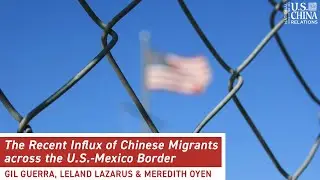Developing nations owe China $1.1 trillion. What comes next?
Seventy-five percent of China's over $1.1 trillion loans to low- and middle-income countries will have entered their repayment period by 2030. How is China changing its global involvement to deal with this debt? The goals of the Belt and Road Initiative (BRI) have evolved since its inception in 2013, partially in response to rising criticism about lax environmental standards and the so-called “China debt trap.” How is China addressing scrutiny over the BRI's environmental and social impacts, debt repayment setbacks, and other challenges?
In an interview recorded on July 8, 2024, Ammar A. Malik, senior research scientist at AidData, joins the National Committee to review the evolution of the Belt and Road Initiative’s goals and the future of the BRI.
00:00 - How have the goals of the BRI evolved over time?
7:13 - How is China addressing poor environmental protection standards?
9:54 - How has the U.S. responded to the BRI?
12:10 - What is the future of the BRI?
About NCUSCR:
The National Committee on United States-China Relations is the leading American, nonprofit, nonpartisan organization devoted to promoting constructive engagement between the United States and Greater China.
With over five decades of experience developing innovative programs at the forefront of U.S.-China relations, the National Committee focuses its exchange, educational and policy activities on politics and security, education, governance and civil society, economic cooperation, media and transnational issues, addressing these with respect to mainland China, Hong Kong, and Taiwan. Our distinguished board of directors and individual and corporate members from around the United States represent many viewpoints, but share the conviction that ongoing public outreach, face-to-face communication and forthright exchange of ideas is essential for healthy Sino-American relations. Learn more: https://www.ncuscr.org/about.








